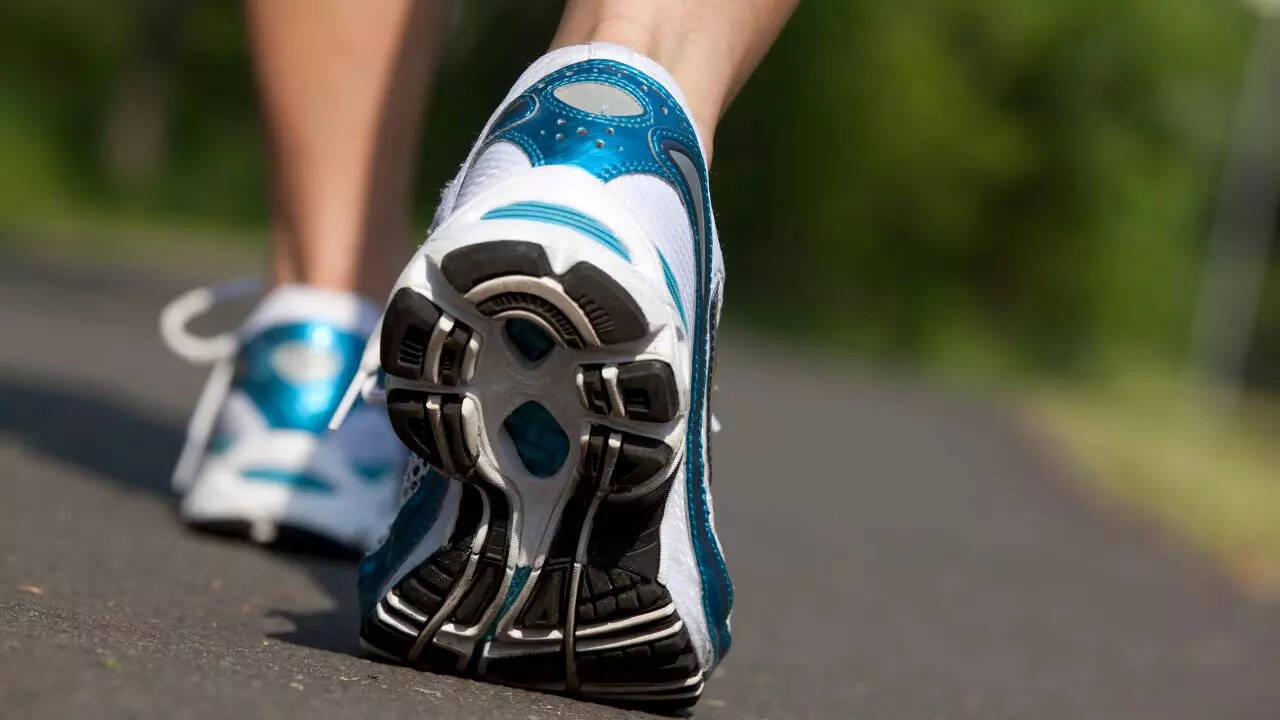
You might have often heard your elders advise you not to lay down right after a meal. Oftentimes, you must have been reminded to go for a walk post a meal. While this advice was probably rubbished by you, it’s got some weight to it. It has been scientifically proven that walking after a meal aids digestion, regulates blood sugar, and promotes weight management. It enhances heart health, improves mood, and fosters better sleep. The aim is not to go for a miles and miles long vigorous walk, but a short, brisk walk of 10-30 minutes. So here are some scientifically proven benefits of walking after a meal.

Helps lower blood sugar levels
After you eat, your blood sugar levels tend to rise. Taking a short walk can help lower blood sugar levels by improving insulin sensitivity. A 2009 study published on PubMed aimed to compare the effects of exercise before or after dinner in individuals with type 2 diabetes. Participants had three trials- one without exercise and two with 20 minutes of treadmill walking, either just before or shortly after eating. Walking after the meal led to lower blood sugar levels compared to walking before the meal. Overall, post-meal walking seems to be more effective in reducing the impact of dinner on blood sugar in people with type 2 diabetes, potentially helping control post-meal blood sugar spikes.
Good for heart health
Walking is a low-impact cardiovascular exercise that can significantly enhance heart health. Regular walking, especially at a brisk pace, can help lower blood pressure by promoting improved circulation and reduced arterial stiffness. It aids in weight management. Additionally, walking contributes to the reduction of harmful LDL or bad cholesterol levels while increasing beneficial HDL cholesterol, which further protects against heart disease. These benefits collectively reduce the risk of heart disease, making walking an accessible and effective way to support heart health.
Improves sleep
Walking after a meal has a positive impact on sleep quality for some individuals. Engaging in a gentle post-meal walk aids relaxation and reduces restlessness, potentially facilitating better sleep. Physical activity, even at a mild intensity, triggers the release of endorphins, promoting a sense of well-being that can ease the transition into restful sleep. Furthermore, walking helps regulate circadian rhythms, contributing to a more consistent sleep-wake cycle. Post-meal walks are known to have a calming effect and can be particularly beneficial for those looking to improve their overall sleep patterns and enjoy a more restorative night's rest.
Good for mental health
Physical activity, including a simple walk, has a profound impact on mental well-being. It activates the release of endorphins, often referred to as "feel-good" hormones. These endorphins act as natural mood lifters, promoting a sense of happiness and relaxation. Regular physical activity, such as walking, can help combat stress and anxiety. When you engage in exercise, your body also releases neurotransmitters like dopamine and serotonin, which are closely linked to mood regulation. This can lead to reduced feelings of depression and anxiety. Furthermore, the rhythmic nature of walking and focusing on your surroundings can serve as a mindfulness practice, helping to calm racing thoughts and reduce stress.
Aids digestion
Walking can stimulate digestion. A 2020 study published on Pubmed explored the link between physical activity and gastrointestinal symptoms in university students with irritable bowel syndrome. They used a Gastrointestinal Symptoms Rating Scale (GSRS) and measured daily steps with a pedometer for a week. The analysis found that more walking was associated with lower GSRS scores, indicating less severe discomfort. These findings suggest that regular physical activity may help alleviate GI symptoms in younger individuals with IBS.
Read more: Brazilian fruits can impact gut bacteria and fight chronic disease
Read more: Why Korean healthcare is excellent yet so affordable







